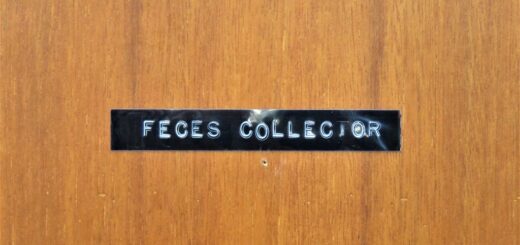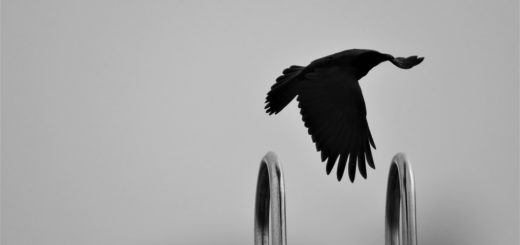Pleasure and the Status Quo
We can gain more from one painful confusion than from a hundred satisfying pleasures. This formula is most true — is amplified — in those times when recourse to easy pleasure might seem most comforting, or even essential. For pleasure, by its nature, reinforces certainties and reassures us against doubts, thereby softening precisely those hard edges of the practical and psychological status quo that must be felt if one is ever to improve upon the present, or to extricate oneself from it.
To be sure, when all is as it should be, pleasure may serve as a harmless echo of overall well-being, although even then it is too often mistaken for the cause of overall well-being. However, when much is in need of correction, or perhaps even demolition, pleasures (and particularly the most engrossing or readily available ones) become a significant danger, partly because it is especially in such times that pleasure is most likely to be misunderstood as a goal, a need, a purpose, rather than recognized for what it properly is, namely an agreeable byproduct of our worthy struggles, beneficial deeds, and expansive discoveries — struggles, deeds, and discoveries which would remain necessary conditions of a good life whether or not they were accompanied by pleasure.
To state this last point a different way, we might say that one of the essential marks of the essential kind of life is the ability to take a certain pleasure precisely in the refusal to orient oneself by pleasure — to experience a quiet delight in knowing one has chosen one’s path without reference to the false needs and all-too-easy attractions of emotional reinforcement and reassurance. To all men at some times, and to some men at all times, it is vitally important, perhaps even a matter of life and death, not to recast the practical and psychological status quo as a source of comfort.



